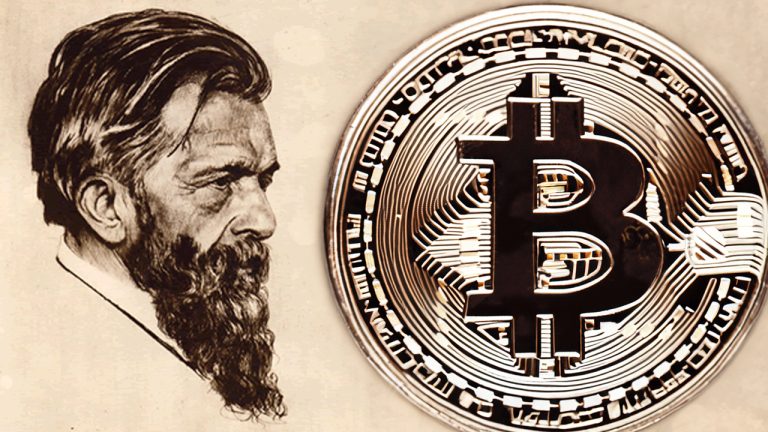
Over the past ten years, fervent supporters of digital currency have engaged in intense debates: Is bitcoin (BTC) designed as peer-to-peer electronic cash as illustrated in Satoshi’s groundbreaking white paper, or does it serve as a digital store of value, similar to gold? Additionally, a central question emerges regarding the primary role of money: should its capacity as a medium of exchange take precedence over its value preservation attributes? The following Learning and Insights explainer delves into the Austrian school of economics, shining a spotlight on Carl Menger’s “On the Origins of Money.”
From Spontaneous Social Institution to Currency: Menger’s Insight Into Money’s Evolution
Rather than debating whether bitcoin (BTC) should function as a medium of exchange (MoE) or a store of value (SoV), this editorial aims to explore the primary consideration when something transitions into a monetary unit. In his book “On the Origins of Money,” Carl Menger, the father of Austrian economics, explains that money’s origin is a spontaneous social institution stemming from individuals pursuing their self-interest rather than something imposed by the state.

According to Menger, the process commences with certain commodities becoming more “saleable” than others due to their attributes, such as durability, transportability, and divisibility. These commodities find greater acceptance in trade because they facilitate exchanges for desired goods. Over time, the most saleable commodities become universally accepted as a medium of exchange. Their high saleability arises from the constant demand for them by parties seeking to trade them for other goods.
Menger states:
With the extension of traffic in space and with the expansion over ever longer intervals of time of prevision for satisfying material needs, each individual would learn, from his own economic interests, to take good heed that he bartered his less saleable goods for those special commodities which displayed, beside the attraction of being highly saleable in the particular locality, a wide range of saleableness both in time and place.
Renowned Austrian Economists Mises and Rothbard on Money’s Primary Functions
In the context of bitcoin, Menger’s theory implies that its capacity to serve as a medium of exchange should take precedence over its role in preserving value, particularly in the initial stages. Essentially, BTC must gain wide acceptance in transactions before fulfilling the store of value role. Austrian economists Ludwig von Mises and Murray Rothbard also succinctly explain that the MoE function precedes the SoV function in the transition to money.
In September 2022, authors Kristoffer Mousten Hansen and Karras Lambert, writing for Mises.org, elaborated on Mises’ perspective in a comprehensive essay. They highlight Mises’ belief that a commodity must first “transmit value” over time before becoming a medium of exchange and, subsequently, a store of value. The authors conclude that bitcoin enthusiasts who align with the Austrian school should prioritize the “medium of exchange” function over the “store of value” function, as it is the essential aspect of money according to Mises, Menger, and Rothbard.
Hansen and Lambert assert that “downplaying the importance of active usage of cryptocurrency,” and favoring the “HODL forever” perspective “goes against Mises’s recognition that ‘business usage alone can transform a commodity into a common medium of exchange.’” They also note that the SoV-centric mentality can be traced back to a missive written by the renowned computer scientist Nick Szabo. Despite the prevalence of the SoV-centric perspective in the crypto world, it certainly deviates from the Austrian school’s definition of the origins of money.
What do you think about Carl Menger’s definition of money and how the transition to money works? Share your thoughts and opinions about this subject in the comments section below.










